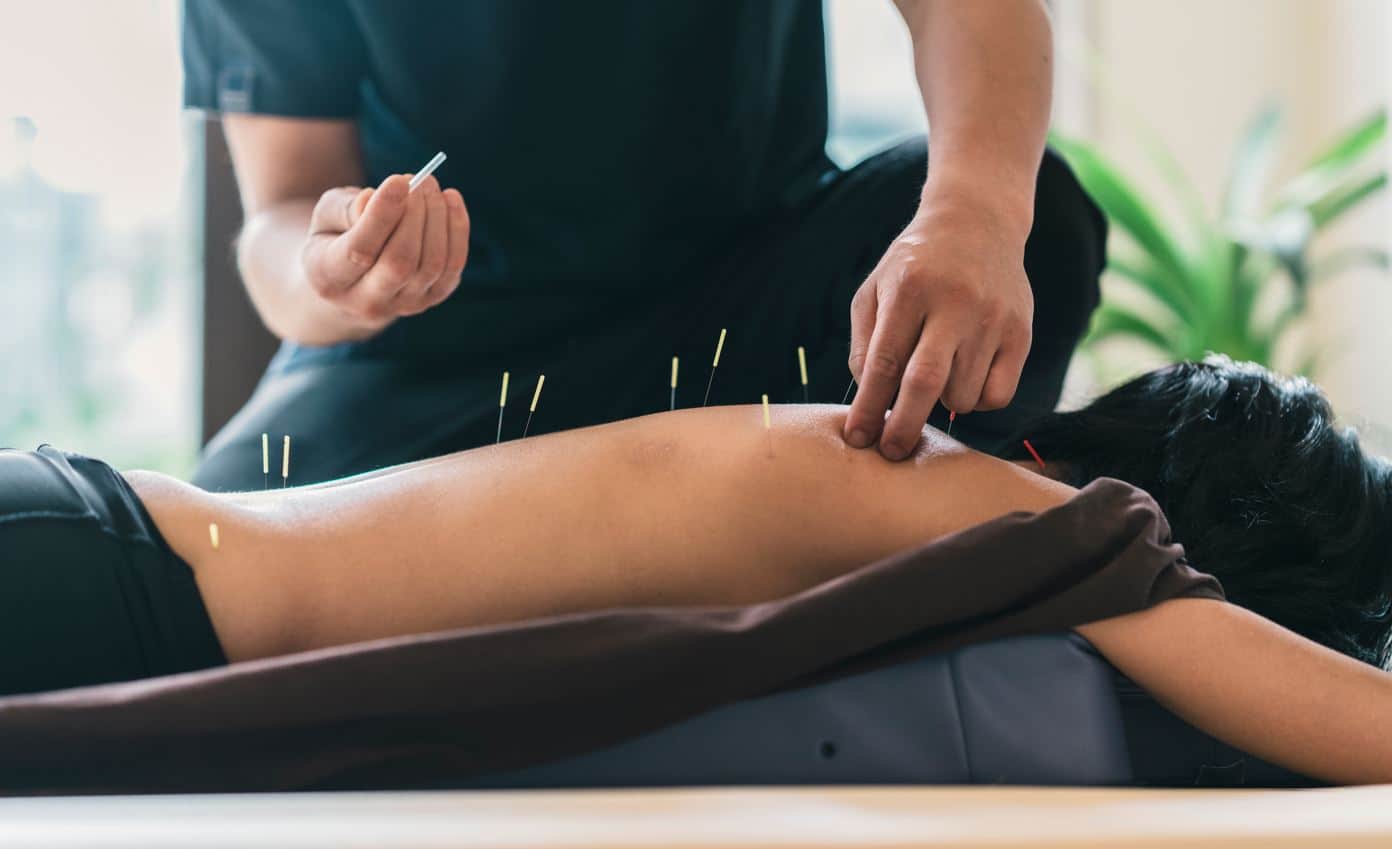Debunking Myths and Unveiling Truths About Acupuncture
In the realm of alternative medicine, acupuncture and tuina massage stand out as powerful therapeutic practices with deep roots in ancient Chinese traditions. However, despite their widespread popularity, misconceptions often shroud these modalities. Here, we will debunk common myths surrounding acupuncture while uncovering the truths behind its efficacy. Furthermore, we’ll explore the relationship between acupuncture and tuina massage, shedding light on their combined benefits for holistic well-being.
At Breathe Wellness, we offer a range of holistic wellness services including acupuncture and tuina massage. Achieve your optimal health and energy flow with the help of our experienced acupuncturists!
Myth #1: Acupuncture Is Painful
One of the most prevalent myths surrounding acupuncture is that it involves significant pain. However, contrary to popular belief, acupuncture needles are extremely thin, resembling a strand of hair. As a result, the insertion process is typically painless or may cause only minimal discomfort. Most individuals report feeling a slight sensation, such as tingling or warmth, at the insertion site, which is often indicative of the treatment’s effectiveness.
Myth #2: Acupuncture Is Only Effective for Pain Relief
While acupuncture is renowned for its ability to alleviate pain, its scope of benefits extends far beyond pain management alone. While it’s true that acupuncture has been extensively used to treat various forms of pain, including chronic back pain, migraines, and arthritis, its therapeutic potential encompasses a wide range of health conditions. From stress reduction and insomnia to digestive disorders and fertility issues, acupuncture serves as a holistic treatment modality addressing both physical and mental well-being.
Myth #3: Acupuncture is a Placebo Effect
Skeptics often dismiss acupuncture as nothing more than a placebo effect, attributing its perceived benefits to the power of suggestion rather than tangible physiological changes. However, numerous scientific studies have debunked this misconception, providing compelling evidence of acupuncture’s efficacy beyond a placebo response. Functional MRI studies have demonstrated measurable changes in brain activity in response to acupuncture stimulation, validating its physiological effects on pain perception, mood regulation, and stress response.
Truth #1: Acupuncture is Virtually Painless and Relaxing
Acupuncture is designed to promote relaxation and restore balance within the body. Once the needles are inserted, they remain in place for a predetermined duration, allowing the body to respond to the stimulation. Many patients find the experience deeply relaxing, often likening it to a rejuvenating session of meditation. Moreover, the therapeutic benefits of acupuncture far outweigh any temporary discomfort, making it a gentle and non-invasive healing modality.
Truth #2: Acupuncture Offers Multifaceted Health Benefits
Acupuncture operates on the principle of restoring the body’s natural flow of energy, known as Qi (pronounced “chee”). By targeting specific acupuncture points along meridian pathways, acupuncturists aim to rebalance the flow of Qi, thereby addressing underlying imbalances and promoting healing. Consequently, acupuncture has been shown to enhance immune function, regulate hormonal imbalances, and improve overall vitality. Its versatility makes it a valuable adjunct therapy for promoting comprehensive wellness.
Truth #3: Acupuncture Elicits Tangible Physiological Responses
Acupuncture triggers a cascade of physiological responses within the body, including the release of endorphins, neurotransmitters, and anti-inflammatory cytokines. These biochemical changes not only alleviate pain but also modulate immune function, improve circulation, and promote tissue repair. Additionally, acupuncture has been shown to regulate the autonomic nervous system, leading to a state of deep relaxation and enhanced resilience to stress. As such, its therapeutic effects are far-reaching and backed by empirical evidence.
The Synergy of Acupuncture and Tuina Massage
Tuina massage, often referred to as Chinese therapeutic massage, shares roots with acupuncture in traditional Chinese medicine (TCM). While acupuncture involves the insertion of fine needles at specific points, tuina massage utilizes manual techniques, including kneading, pressing, and stretching, to manipulate the body’s soft tissues and energy channels. Both modalities aim to harmonize the flow of Qi and restore balance within the body, albeit through different means. The benefits are many!
Benefits of Tuina Massage
- Pain Relief: Similar to acupuncture, tuina massage can effectively alleviate musculoskeletal pain, including back pain, neck tension, and joint stiffness. By targeting acupressure points and releasing tension in the muscles, tuina massage promotes relaxation and relieves discomfort.
- Stress Reduction: Tuina massage offers profound stress-relieving benefits by calming the nervous system and promoting relaxation. The gentle yet firm pressure applied during the massage helps release built-up tension, allowing the body and mind to unwind.
- Improved Circulation: Through its rhythmic and targeted movements, tuina massage enhances blood circulation and lymphatic drainage, facilitating the delivery of oxygen and nutrients to cells while promoting the removal of toxins and metabolic waste.
- Enhanced Energy Flow: By stimulating acupressure points and meridian pathways, tuina massage optimizes the flow of Qi throughout the body, fostering a sense of balance and vitality. This harmonization of energy promotes overall well-being and resilience.
Acupuncture for Tuina Combine to Unlock Wellness
Acupuncture and tuina massage stand as invaluable pillars of holistic healing, offering a wealth of benefits for physical, mental, and emotional well-being. By dispelling common myths surrounding acupuncture and highlighting its evidence-based efficacy, we can embrace these ancient modalities with confidence and reap the rewards of natural healing. When combined with tuina massage, acupuncture forms a powerful synergy that harmonizes the body’s energy, promotes relaxation, and restores balance—a testament to the enduring wisdom of traditional Chinese medicine.

